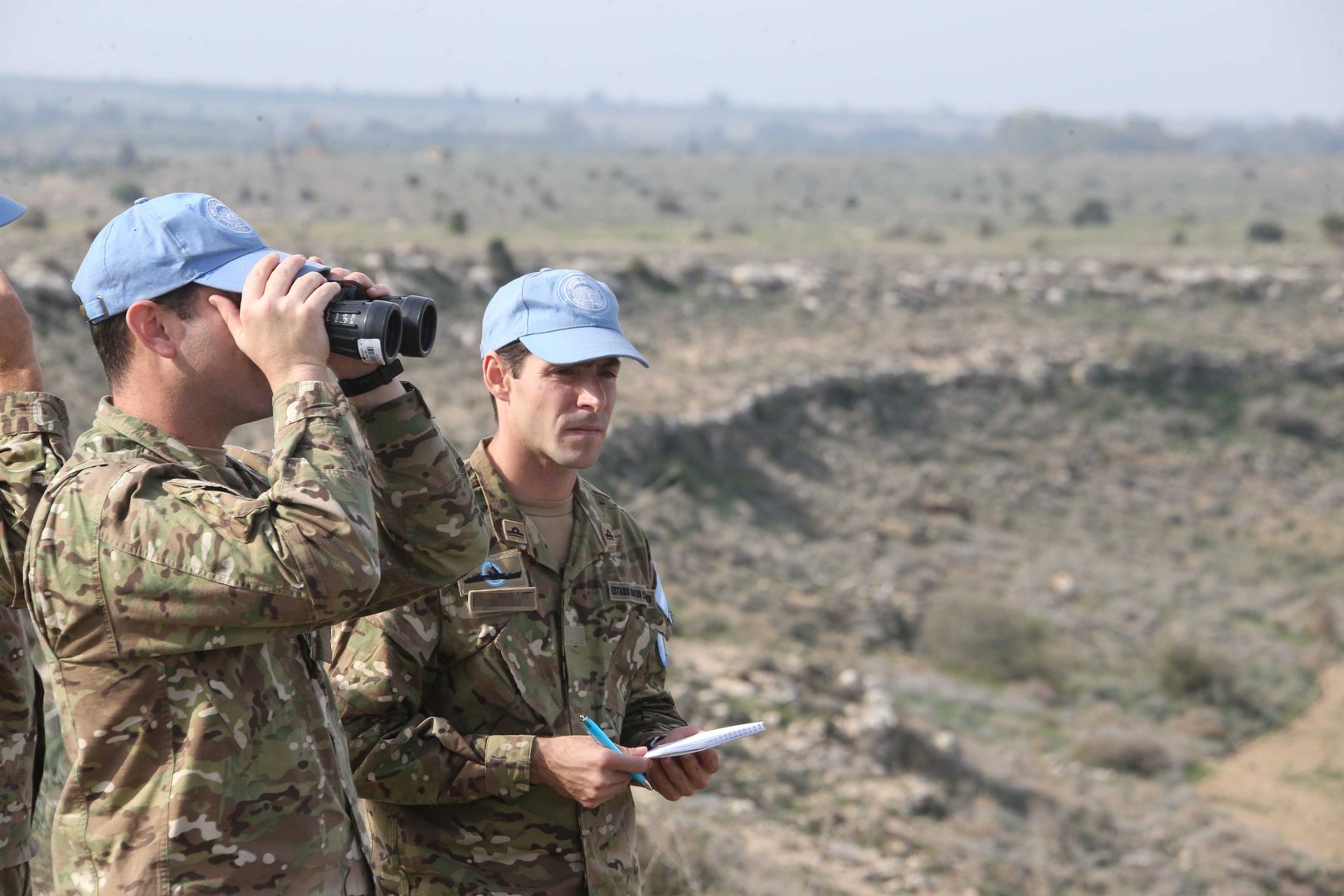UN Secretary General Antonio Guterres said on Tuesday that a surge in hard-line rhetoric on both sides has led to increased rigidity while the prospects for a mutually-agreeable settlement continue to fade.
In an unofficial copy of his report on Unficyp, he said: “Sustainable peace in Cyprus can only rest on the basis of a solid reconciliation. As long as the two communities remain apart and rely on divisive narratives to formulate their understanding of the other, it will be extremely difficult to achieve such reconciliation.”
The peacekeeping report as well as the report on the UN offices are expected to be released in the coming days.
Guterres is expected to recommend that the Security Council extend the mandate of the mission until July 31, 2023.
According to diplomatic sources at the United Nations, the secretary-general stressed in the report that it is important for all parties to demonstrate their goodwill and make greater efforts to create conditions conducive to a political settlement.
While there was some hope at the beginning of the current reporting period that the two sides would redouble their efforts to achieve cooperation on potential bicommunal projects, and in so doing build more goodwill and trust, paving the way for more such projects and, eventually, for a new round of settlement talks, those hopes were dashed within a few months. A surge in hard-line rhetoric on both sides has led to increased rigidity while the prospects for a mutually-agreeable settlement continue to fade, the unofficial document said.
Guterres urged “both sides to encourage more direct contacts and cooperation between the two communities and to provide concrete support to the initiatives as requested by the Security Council as evidence of their genuine commitment to a solution.”
As highlighted in the report “there is no doubt that the island is facing a real crisis given the number of asylum seekers, refugees and irregular migrants compared to the size of the island’s population. However, the lack of access to asylum procedures in accordance with international law continues to exacerbate the problem and is of grave concern to the United Nations.”
The secretary-general called on both sides to cooperate and mobilise their efforts to address the source of the problem to discuss the issue of irregular migration through meetings facilitated by United Nations field missions and with technical expertise from his representative Office of the United Nations.
The political climate between the two sides was marked by a significant hardening of positions and increase in unhelpful rhetoric, against the backdrop of election campaigning and a decrease in public confidence in the possibility of the sides finding common ground on a way forward regarding the settlement talks.
Internally, each community tended to focus its attention on domestic political developments and socioeconomic issues, it said.
It found that there were two significant developments from a political perspective.
First, Turkey and the Turkish Cypriot leadership condemned the announcement on September 16, 2022 by the United States that it had lifted the Defence Trade Restrictions on the Republic of Cyprus for the fiscal year 2023, and reacted by vowing to strengthen their military presence in the north of the island. Following the announcement by the Republic of Cyprus of a significant increase in its military budget, the Turkish Cypriot leadership stated that the armament activities of the Greek Cypriot side would not remain unreciprocated.
Second, on September 19 the same year, a Turkish Cypriot delegation presented to the secretariat a draft framework document supposed to formalise the relationship between Unficyp and the Turkish Cypriot authorities.
Earlier in the reporting period, the report added, the Special Representative/Deputy Special Adviser had achieved consensus with the representatives of the Greek Cypriot and the Turkish Cypriot leaders on an ambitious agenda to move forward with a number of projects to address issues of mutual concern and build trust towards improved conditions for future settlement talks.
In their regular weekly meetings, they strived to continue insulating the work of the technical committees from the broader political and security dynamics concerning the Cyprus problem. As a result of those efforts, they achieved some progress, with new agreements in the areas of environment, culture, economic and trade matters, cultural heritage and several other issues. In the second part of the reporting period, however, the difficult political environment began to impact cooperation and creating setbacks to the activities of certain technical committees.







Click here to change your cookie preferences